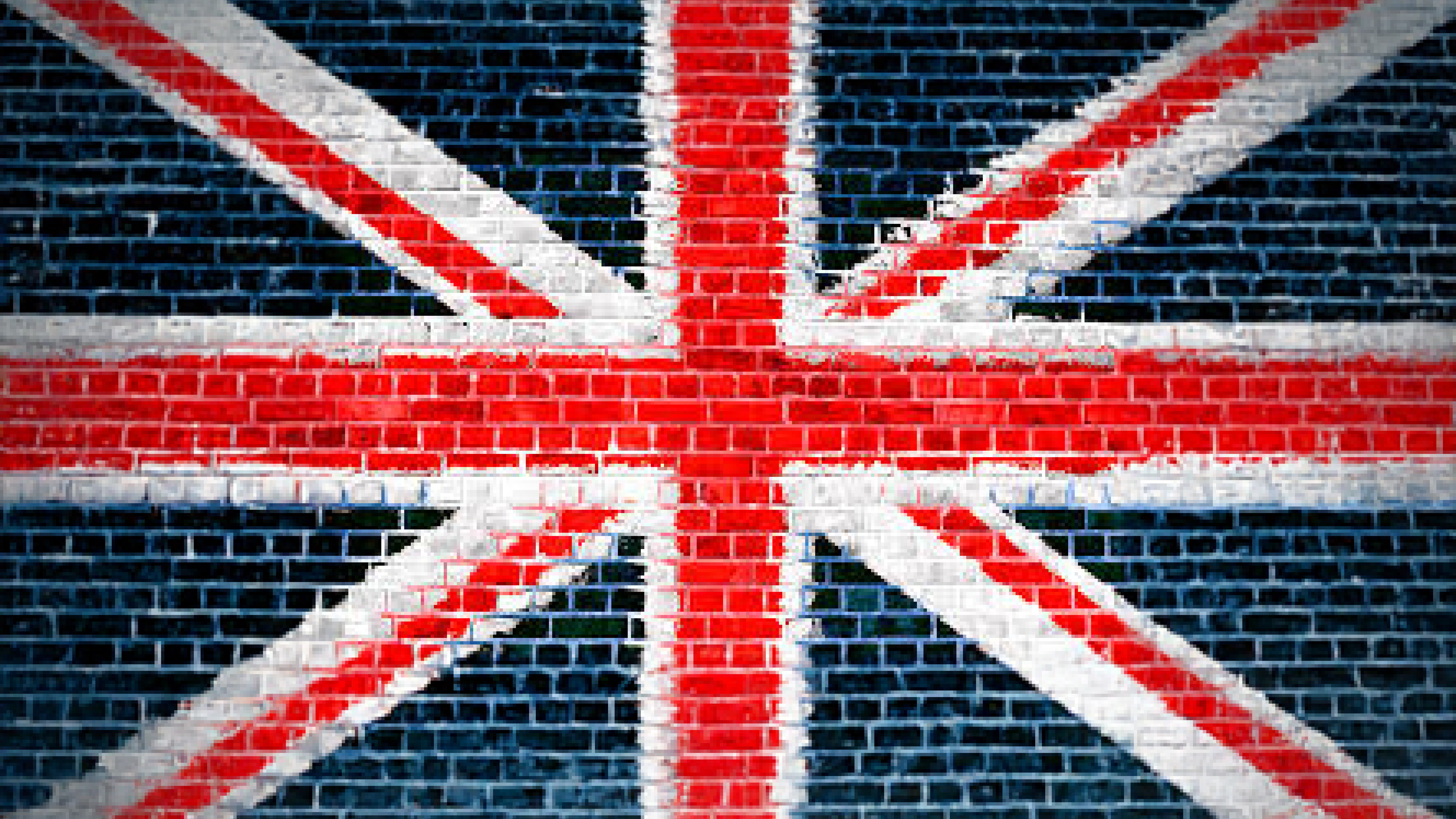By Andrew Wolffe, Creative Director
I read today that the President of the USA joked with a BBC reporter; “You have many different names you go by, England, if you want to cut off a couple of areas. And you go UK, and you have Britain and you have Great Britain. You got more names than any other country in history, I think.”
This got me thinking a/ that Trump understands brand (in his bold, brash, Trump-ish way) and b/ that naming in branding is of vital importance.
It also resonated with a recent challenge overseas when I tried to find my country when I was online, in a drop down of all the countries in the world, but couldn’t find UK, United Kingdom, Great Britain or Reino Unido, I gave up on that online experience!
A name is often the first impression, a core identifier, and a powerful shorthand for everything a brand represents. It signals identity, values, and positioning. A well-chosen name can build trust, spark emotion, and convey meaning, while a confusing or inconsistent name can dilute a message and alienate audiences. One compelling real-world example of this complexity, as Trump observed, is the case of Great Britain and its multiple names.
We can reject (or can we?) his comment about England, but consider the following: the “United Kingdom,” “UK,” “Great Britain,” and even “Britain” are all names often used interchangeably to refer to the same entity. However, they don’t all mean exactly the same thing and therein lies a branding challenge. Officially, the country’s full name is The United Kingdom of Great Britain and Northern Ireland, but that’s rarely used in full. “UK” is concise and widely accepted globally, yet not all international audiences understand what it encompasses. “Great Britain” technically excludes Northern Ireland, while “Britain” is an informal term that can carry different meanings depending on context.
From a branding perspective, this multiplicity can cause confusion. It’s the equivalent of a company using different names on its website, social media, and product packaging without clearly linking them. The brand story becomes muddled. For a nation, this impacts everything from international diplomacy to tourism marketing. Is the UK a country? A kingdom? An island? The answer depends on which name is being used and who is asking.
Yet, there is also strategic power in name variation. Different names resonate with different audiences. “UK” fits headlines and digital screens; “Great Britain” carries historical and cultural weight; “United Kingdom” sounds formal, diplomatic, and nods to one of our key brand differentiators with many, our Royal family. When used intentionally, multiple names can allow a brand to be flexible, inclusive, and context sensitive.
The lesson for businesses is clear: know what your name conveys, be consistent when needed, and flexible when appropriate. Most importantly, ensure that your audience understands who you are, no matter which version of your name they encounter.
In branding, a name isn’t just a name. It’s your identity, your message, and your promise, wrapped into one or two (or maybe more) powerful words.
If you’ve got a brand name challenge you’d like to discuss, get in touch



